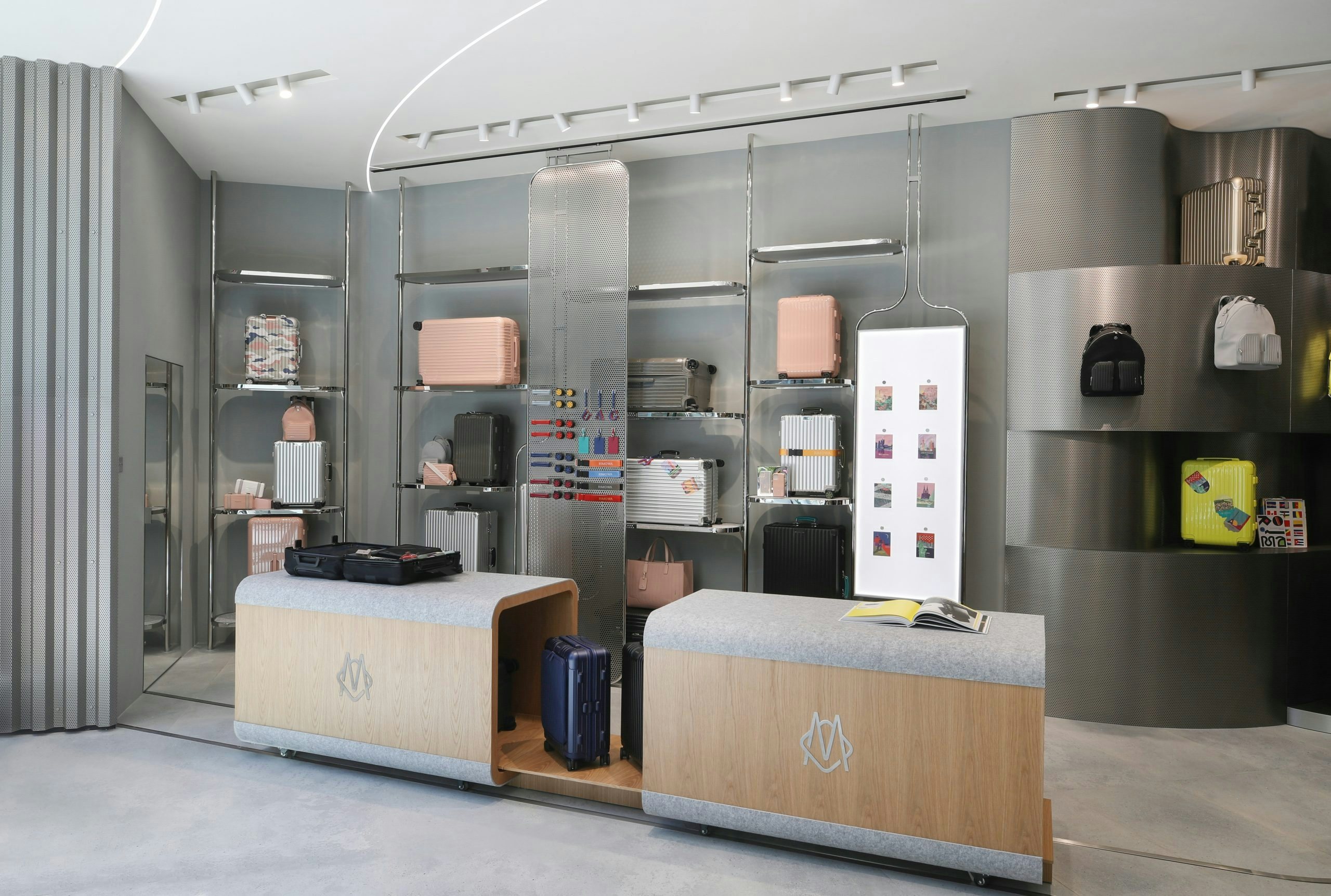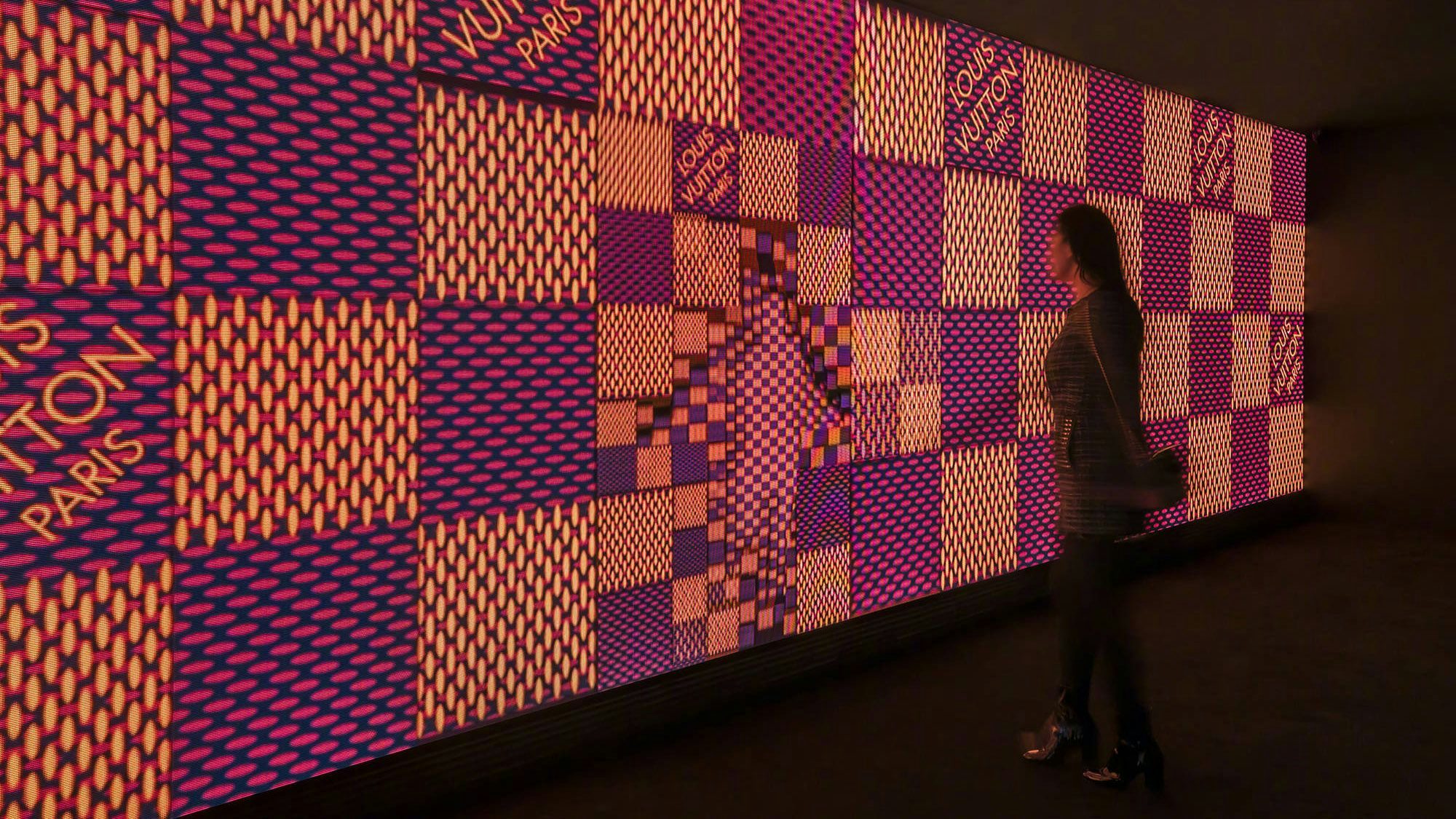What happened
The LVMH-owned German luxury suitcase brand Rimowa is growing its retail footprint in China. It has now opened its first double-story boutique in Beijing Sanlitun, covering 260 square meters in total. The store presents a new concept of “mobility,” as the tables are equipped with movable pulleys, allowing them to be moved along a track, while the display walls holding products are also mobile.
In 2016, luxury conglomerate LVMH acquired Rimowa for 716 million and named Alexandre Arnault, who was then only 24 years old, brand co-CEO. Under his youthful leadership, the 120-year-old heritage brand went through a series of transformations by collaborating with popular hype brands like Supreme, Off White, and Fendi and introducing new categories.
The Jing Take
In 2019, global luggage sales reached 156 billion, and China accounted for 24 percent of that number. Despite COVID-19, the brand has not halted its retail expansion in the country. Instead, it has upgraded its store experience, shifting away from minor shopping centers to focus on flagship stores in premium locations.
This move is a risky one for the luxury suitcase brand since international lockdowns crippled the travel business, and Rimowa’s sales halved during the period (although China now offers a bright spot amid tentative global reopenings). The company’s hyped-up collaborations, limited editions, and seasonal collections have gained the interest of local Gen Zers, but luggage is far from a frequent purchase.
Recently the brand launched sunglasses products, a soft leather goods collection (Never Still), and phone covers; the latter quickly sold out. But to meet its 1 billion sales target, the brand will need to consolidate these new categories rather and not just simply cater to China’s easily distracted young luxury spenders.
The Jing Take reports on a piece of the leading news and presents our editorial team’s analysis of the key implications for the luxury industry. In the recurring column, we analyze everything from product drops and mergers to heated debate sprouting on Chinese social media.


